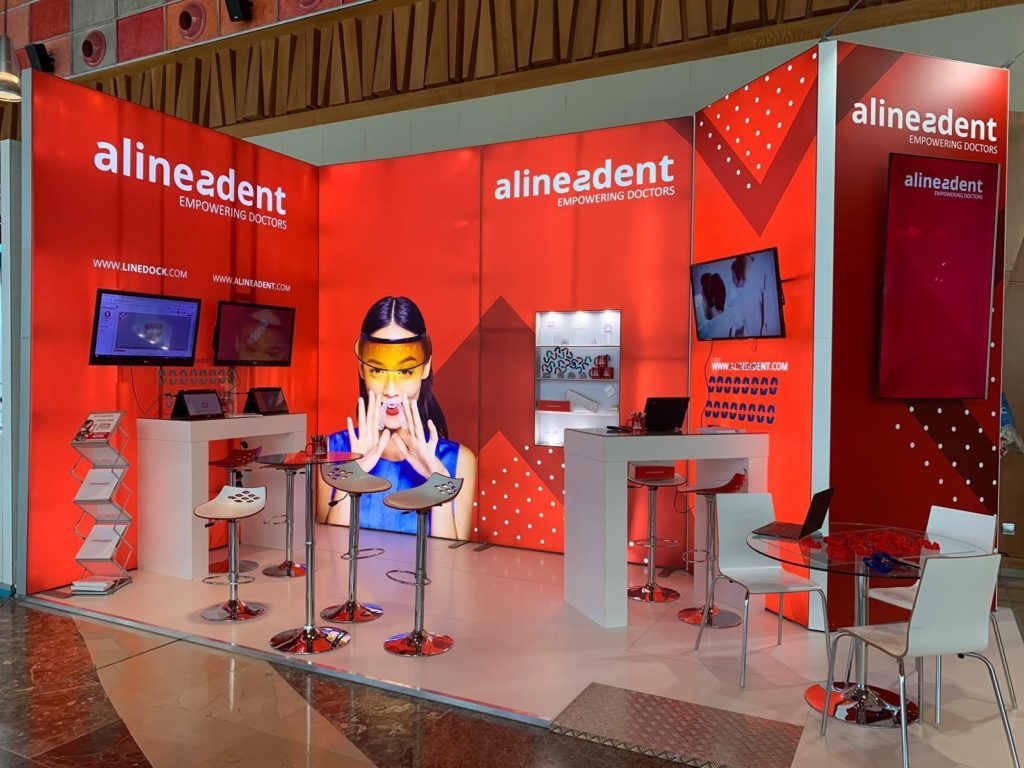International exhibitions can present new and different challenges. Aside from logistics there are also cultural differences to consider. Before you travel make sure you’re well informed.
1. Think Global, Act Local
While English may be considered a widely spoken language in business, you may want to consider the need for a translator depending on your exhibition location and objectives.
You may also need to consider providing literature in the local language as well as English. Potential prospects need to fully understand the benefits of your products and services. Many cultures seek technical details, so provide both metric measurements and weights.
2. Don’t Assume, Ask
This is where your exhibition planning is crucial to avoid unexpected problems when you arrive. Really check the requirements of the exhibition venue well in advance.
Check electrical regulations with the exhibition stand contractors – The US uses 120v electricity and Japan uses 110v. Many European countries, Russia and China use 220v. Brazil uses 110v and 220v. So, you may need to have adaptors and transformers for lights or purchase or rent substitutes.
